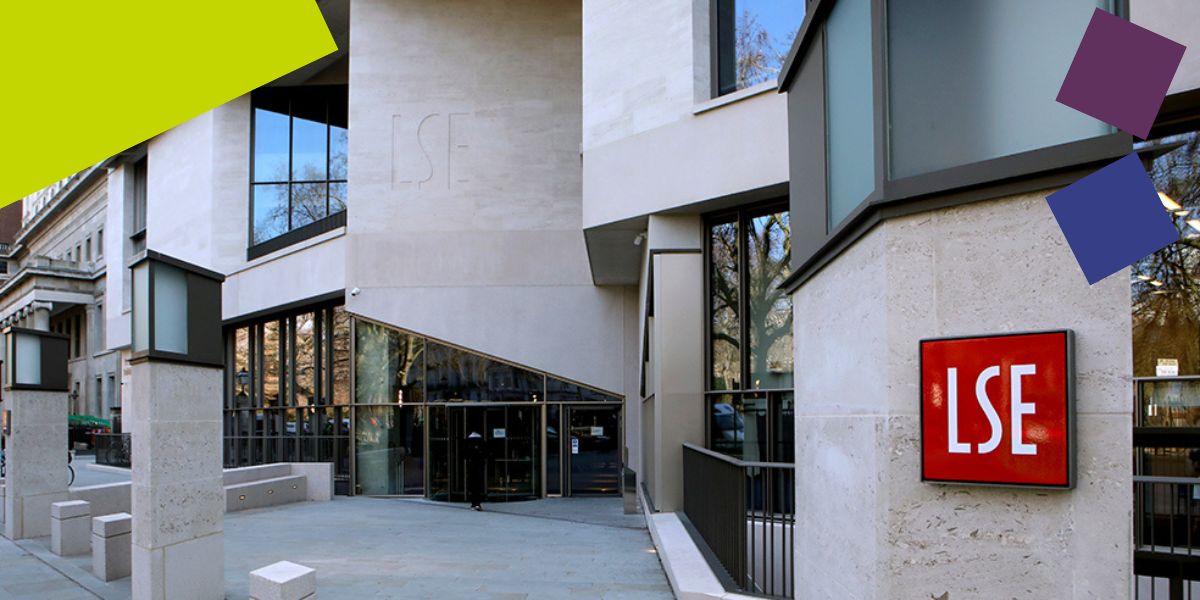If you’re considering PhD research in international history, in my opinion, there’s no better place to study than LSE. Of course, embarking on this path takes a significant amount of reflection. It’s critical to choose the university and programme that’s the best fit for you. For me, the PhD programme in the Department of International History has opened the door to a dynamic academic community. I highly recommend it to like-minded students who place similar emphasis on dynamic research, a supportive faculty, and building global connections.
Dynamic research
The heart of any PhD programme lies in its research environment. The Department of International History certainly fosters one, as it’s made up of historians with a wide range of interests. Despite this range, all our work crosses boundaries: making connections spanning borders, geographies, and time periods. Few departments in the world can match LSE’s emphasis on international, global, and transnational history. Within this environment, PhD students are given the opportunity to make their own meaningful contribution. Through weekly research seminars, frequent conferences, and thematic research clusters, PhD students are encouraged to engage with each other’s research, and the expertise of the faculty.
The Department of International History also works to facilitate interdisciplinary research. Members of faculty from the Departments of International Relations and Anthropology often attend research seminars, and individuals from the Department of Methodology frequently attend training sessions. This creates space for collaboration and helps to broaden PhD students’ ideas and approaches. The impact of this dynamic research environment is clear. LSE regularly ranks among the global top 5 for history PhD programmes, and the university has shaped the study of topics ranging from the trans-Atlantic slave trade to the global Cold War.
Supportive faculty
I have found that a PhD programme is greatly influenced by the guidance and mentorship the faculty provides. At LSE, interactions with the faculty in the Department of International History goes beyond what I have experienced elsewhere. Not only are my supervisor and adviser always willing to offer constructive feedback and advice, but other members of faculty are available to provide reading suggestions, a critical perspective, or open discussion. LSE nurtures academic growth and fosters an environment where students can thrive.
Support from the Department of International History goes further than personalised mentorship. It also provides financial assistance for things like external conference attendance, developing internal events, and language training. A training seminar takes place every week, to help new PhD students develop critical academic skills. These include primary source analysis, writing historiographies, managing data, and conducting archival research. Additional courses are offered for skills like deciphering handwriting and conducting interviews. The opportunities LSE offers are vital for developing as a historian and prepares PhD students to produce research which is both ground-breaking and rigorous.
Building global connections
LSE’s global perspective is embedded in the fabric of the Department of International History. Events often occur in tandem with universities across the world, from seminars to guest speaker events. Members of faculty and PhD students come from countless countries and cultural backgrounds. There are also significant opportunities for PhD students to develop their own global connections, such as the Outbound Global Opportunities exchange programme. Overall, the Department of International History understands that finding a global audience is critical for making an impact in our field.
Members of faculty are also supportive with seeking external opportunities for global research. In my experience, they are happy to suggest sources of funding for travelling to archives, fellowships to apply for, and tips for engaging with scholars across the world. Other PhD students are often excited to provide tips on fine-tuning submissions for journals, many of which are located abroad. As future international historians, it’s crucial that we learn how to conduct research around the world, and how to make it financially feasible.
Conclusion
The International History PhD programme at LSE‘s not just a course of study; it’s a transformative experience. The dynamic interdisciplinary research environment, the support of a dedicated faculty, and the emphasis on global reach make LSE an unparalleled choice for those passionate about international history. I strongly recommend any prospective applicant to consider all that this programme has to offer.





